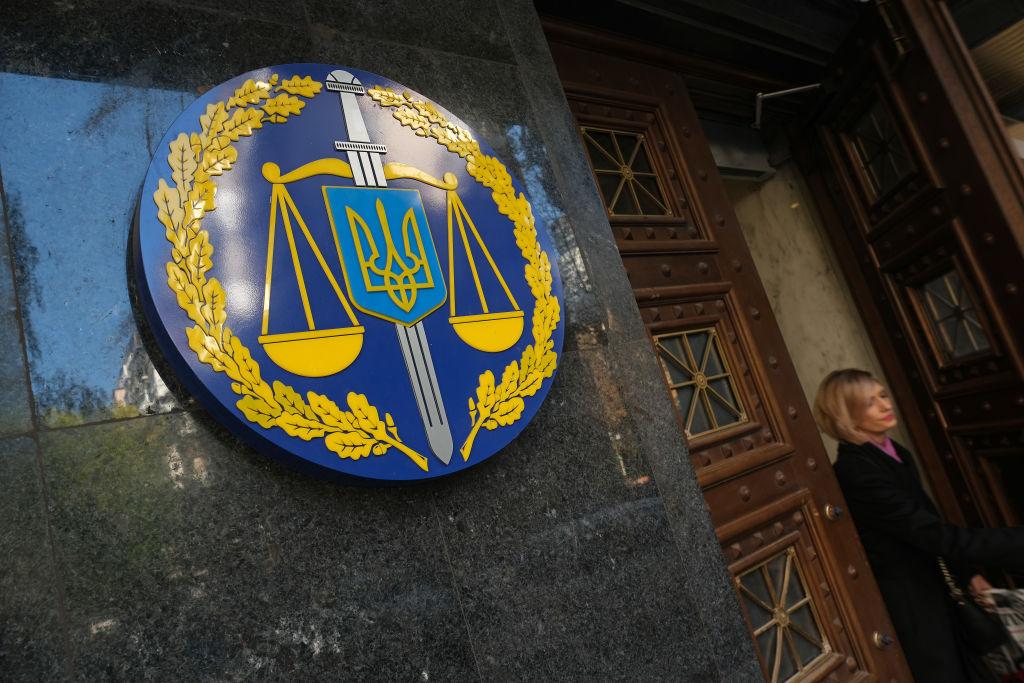News Analysis
Accusations against President Donald Trump that he used his office to pressure Ukraine to investigate a political rival have renewed scrutiny of actions taken by the Obama administration in Ukraine between 2014 and 2016.

Accusations against President Donald Trump that he used his office to pressure Ukraine to investigate a political rival have renewed scrutiny of actions taken by the Obama administration in Ukraine between 2014 and 2016.